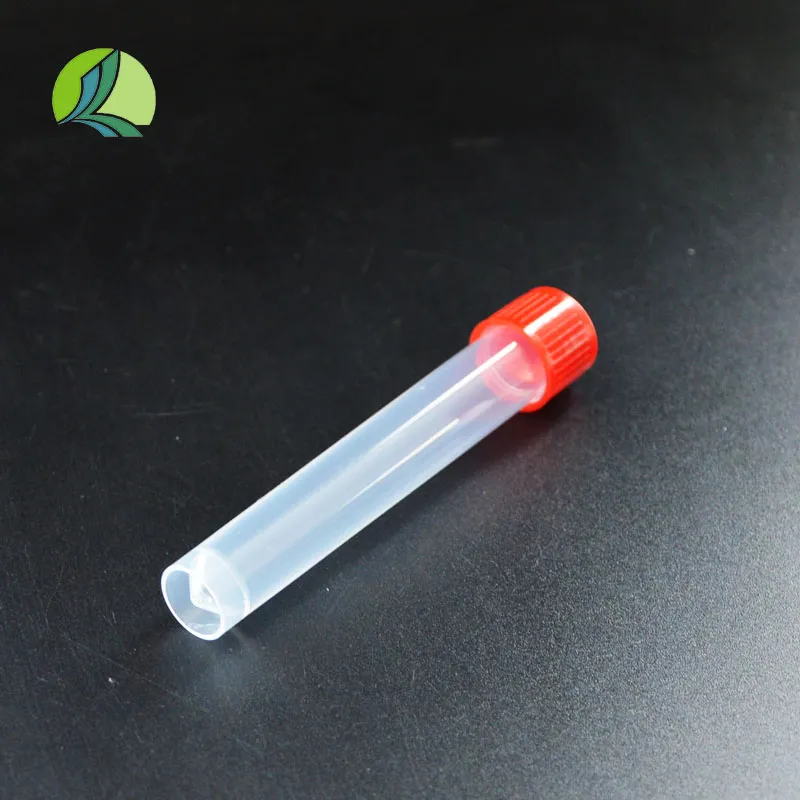Exploring the Environmental Impact and Recycling Options for Empty Medicine Vials and Containers
The Environmental Impact of Empty Medicine Vials
In today’s world, the use of medicine is nearly ubiquitous, with billions of prescriptions filled each year. As patients receive their medications, they often overlook an important aspect of this process the empty medicine vials that accumulate in their homes and contribute to environmental waste. While these small containers may appear insignificant, their impact on our ecosystem can be profound, necessitating a closer examination of how we manage them after use.
medicine vials, typically made from glass or plastic, are designed to safely store pharmaceuticals. However, once emptied, these vials often do not receive the attention they deserve. Many people simply throw them away with their regular trash, which can lead to various environmental problems. Plastic vials, in particular, contribute to the growing issue of plastic pollution, as they may take hundreds of years to decompose and can harm wildlife if they find their way into oceans and habitats.
The first step in addressing the problem of empty medicine vials is increasing awareness about their proper disposal methods. Many communities have initiated recycling programs aimed at collecting and processing these containers. However, the effectiveness of these programs often hinges on public education. Patients should be informed about the importance of recycling their empty vials and the specific steps required to do so. For instance, empty plastic vials can often be rinsed thoroughly and placed in recycling bins, but the same cannot be said for glass vials, which may require special handling due to safety concerns and the risk of contamination.
In addition to recycling, there is a growing movement advocating for the return of empty medicine vials to pharmacies or health institutions. Some pharmacies have established take-back programs, allowing patients to return their used vials for safe disposal or recycling. This not only helps reduce waste but also promotes a culture of responsibility among patients regarding their medication use. Encouraging such initiatives can greatly decrease the number of vials that end up in landfills, positively impacting the environment.
empty medicine vials

The pharmaceutical industry also plays a critical role in addressing the disposal of empty vials. Companies are beginning to explore sustainable packaging options, such as biodegradable materials or minimalistic designs that require less material. By prioritizing eco-friendly packaging, the industry can significantly decrease its ecological footprint while also appealing to environmentally conscious consumers.
Moreover, healthcare professionals can be instrumental in advocating for proper disposal methods. Physicians and pharmacists should take the time to discuss with patients the importance of responsible disposal of their medication containers. Clear instructions on how to dispose of vials—whether through recycling, return programs, or waste management—can empower patients to take meaningful action.
Lastly, innovation in waste management technology can contribute to efficient ways of dealing with pharmaceutical container waste. Research into advanced recycling methods and biodegradable materials is essential in creating sustainable solutions. As communities and industries come together to tackle the issue, a collective effort can make a significant difference.
In conclusion, while empty medicine vials may seem like a minor concern in the grand scheme of environmental pollution, they represent a larger issue of waste management and sustainability in healthcare. Through increased awareness, responsible disposal practices, innovative packaging, and industry collaboration, we can mitigate their impact on the environment. It is imperative that both consumers and manufacturers recognize their role in creating a more sustainable future, ensuring that we care not just for our health, but for the health of our planet as well.
-
Aesthetic Makeup Spray Bottles | Fine Mist Empty RefillableNewsAug.19,2025
-
White Plastic Veterinary Vaccine Vials | Lab Liquid BottlesNewsAug.18,2025
-
Plastic Medicine Liquid Bottle: Secure Flip Top Drug VialsNewsAug.17,2025
-
Durable 250ml Blue Plastic Vaccine Vial for Lab & Vet UseNewsAug.16,2025
-
Sterile Virus Sample Tubes: Secure & Reliable Specimen CollectionNewsAug.15,2025
-
White 250ml Plastic Vaccine Vial for Lab & Vet MedicineNewsAug.14,2025
























